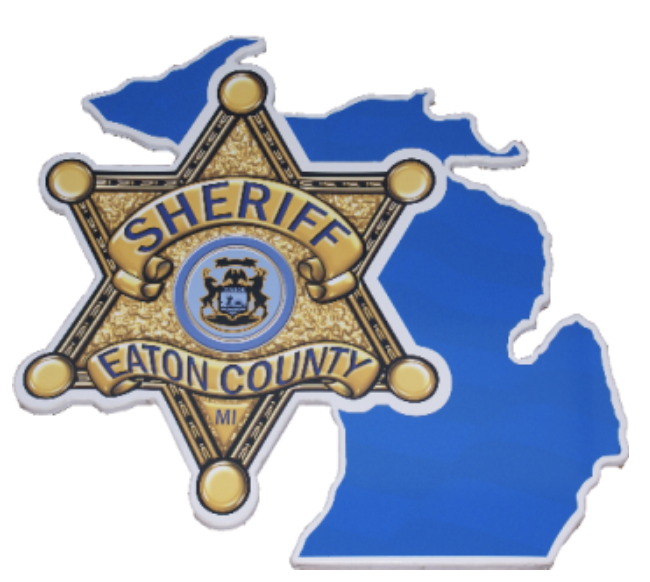 Though he uses the references, rapper Obie Trice does not condone drinking – especially under-aged. The Detroit native is also against minors buying his music. His first album, Cheers, shows him having fun. Admitting that he enjoys the bar scene, Obie makes music for adults. Second Rounds On Me, his second album for Shady Records, is a toast to his maturity.
Though he uses the references, rapper Obie Trice does not condone drinking – especially under-aged. The Detroit native is also against minors buying his music. His first album, Cheers, shows him having fun. Admitting that he enjoys the bar scene, Obie makes music for adults. Second Rounds On Me, his second album for Shady Records, is a toast to his maturity.
TNCP – What are some positive and negative things that have happened to you as a result of alcohol use?
Obie – Alcohol relaxes me. I enjoy it because it relaxes me. I don’t drink in abundance anymore. As for negative things – I’ve got pulled over above the alcohol limit and had to go to court for that.
TNCP – Tell how you feel about underage drinking, and how some of those illegal drinkers are also too young to listen to your music, but they do that too. What do you say to them to influence them to do the right thing?
Obie – Everyone living on this planet Earth has a spirit, has something that tells them what’s right and what’s wrong. You always have a choice. To the younger listeners and readers, you’ve got a choice to do what’s right and what’s wrong. When you go the wrong route, wrongs things are going to happen to you.
TNCP – Why do you choose to use alcohol references in your albums titles?
Obie – Cheers was like a celebration. Me and my crew we go to the bar, order a few and kick it. The bar scene is something I’m familiar with. So I wanted to keep that whole theme going. Cheers, Second Rounds on Me, the third album might be Bottoms Up. Keeping those references is just a creative vibe that I feel for me.
TNCP – What is one of the major differences between Second Rounds On Me and Cheers?
Obie – This album leans more toward the soulful side of things than Cheers was. Don’t expect Cheers; if you’re going in to buy it it’s a whole different type of flavor. It’s still got some banging-type joints on there, but it’s showing a lot of growth.
TNCP – What are some of the things on your album that will reflect your growth and maturity, and your position in your community?
Obie – I talk about a lot of things that I see in my community that’s a problem. I talk about being away from home, from my hood, and traveling around the world. It blurs your vision on life. When you start to travel and see different things it changes your outlook on life. I see things that go on in my neighborhood … sometimes I look up the block and just feel like, damn. It looks deserted. All the houses are tore down. It wasn’t like that when I was coming up. I want to see people take hold of this community and their lives.
TNCP – The mostly urban communities of Detroit are found sandwiched between nicer living areas and the metro city business area. What do you think about what’s found in the middle?
Obie – This problem happens in a lot of different places too. I went to DC and saw the White House, around the corner is the slums. I see areas at home that don’t even look like they should be in America. They look like some third-world-country-type-[stuff]. I don’t know if it’s the city losing money, but I would love to see poverty-stricken areas everywhere become somewhere that prospers. I want to see people come there and buy homes. But right now it just don’t look good. There are kids growing up in these places.
TNCP – What will happen for you after your hip-hop career ends? How deep is your passion for hip-hop?
Obie – I see myself being an A&R for a record company. I think that I’m a pretty good judge of talent. I want to get into movies also. I like performing, so acting would be a natural progression. I came up with hip-hop. I have a passion for it. I love the music. I study hip-hop. I love the whole culture, and I always have. I’ve been blessed to get on a major label and showcase my talent.
TNCP – How has your career affected your personal life?
Obie – I don’t do all the things I used to do. If I wasn’t doing what I was doing now, I don’t know if I’d still be doing them. When you get older you change, things change, you see things differently. My family just wants the best me. They try to make the best moves for me. I’m the only person in my family to reach this type of success. I’m the first platinum African-American hip-hop artist out of Detroit. I’m in the African-American museum; they have murals up. Me and family are just trying to make my name become a dynasty, a real factor in this community and in the music industry.



